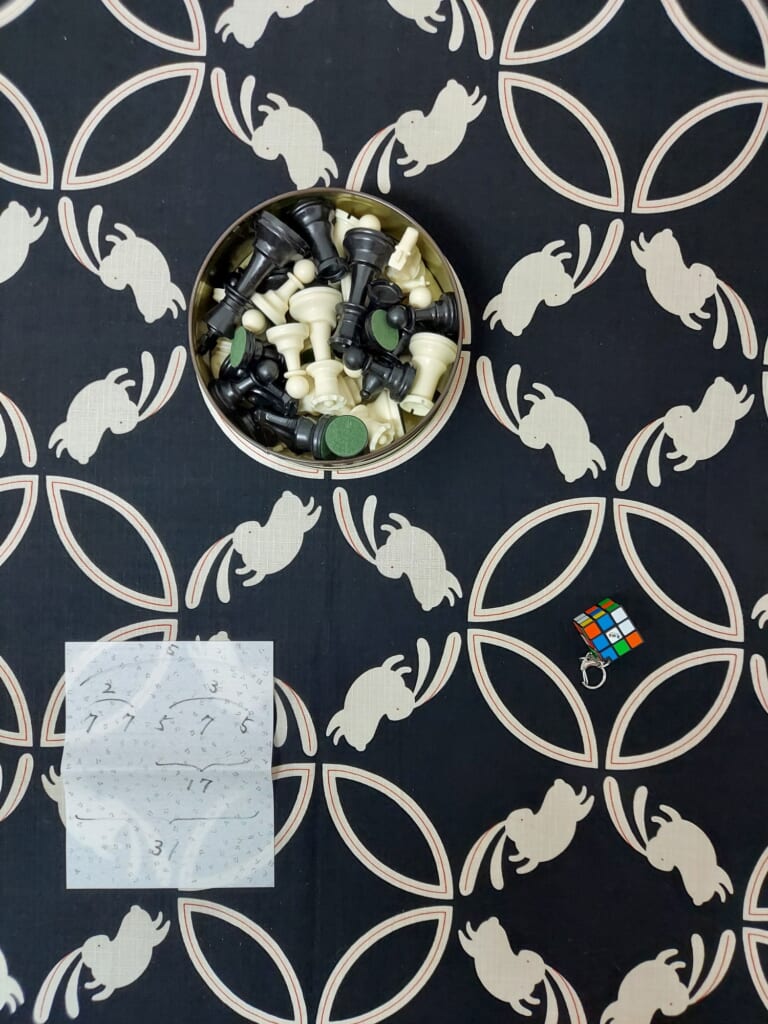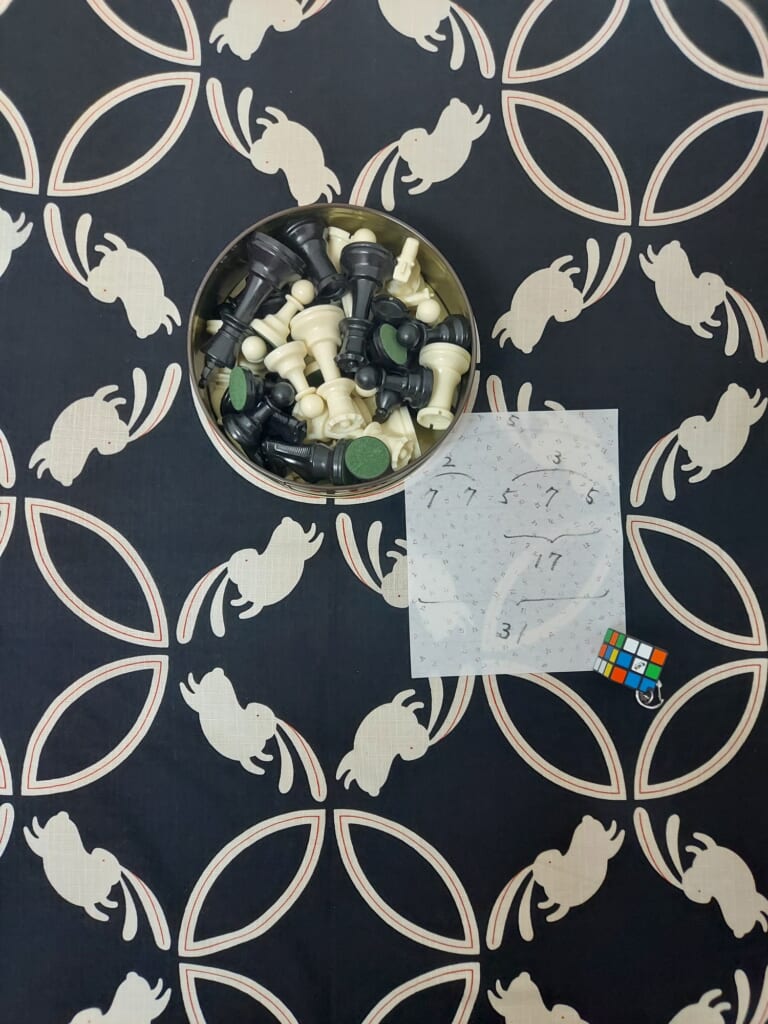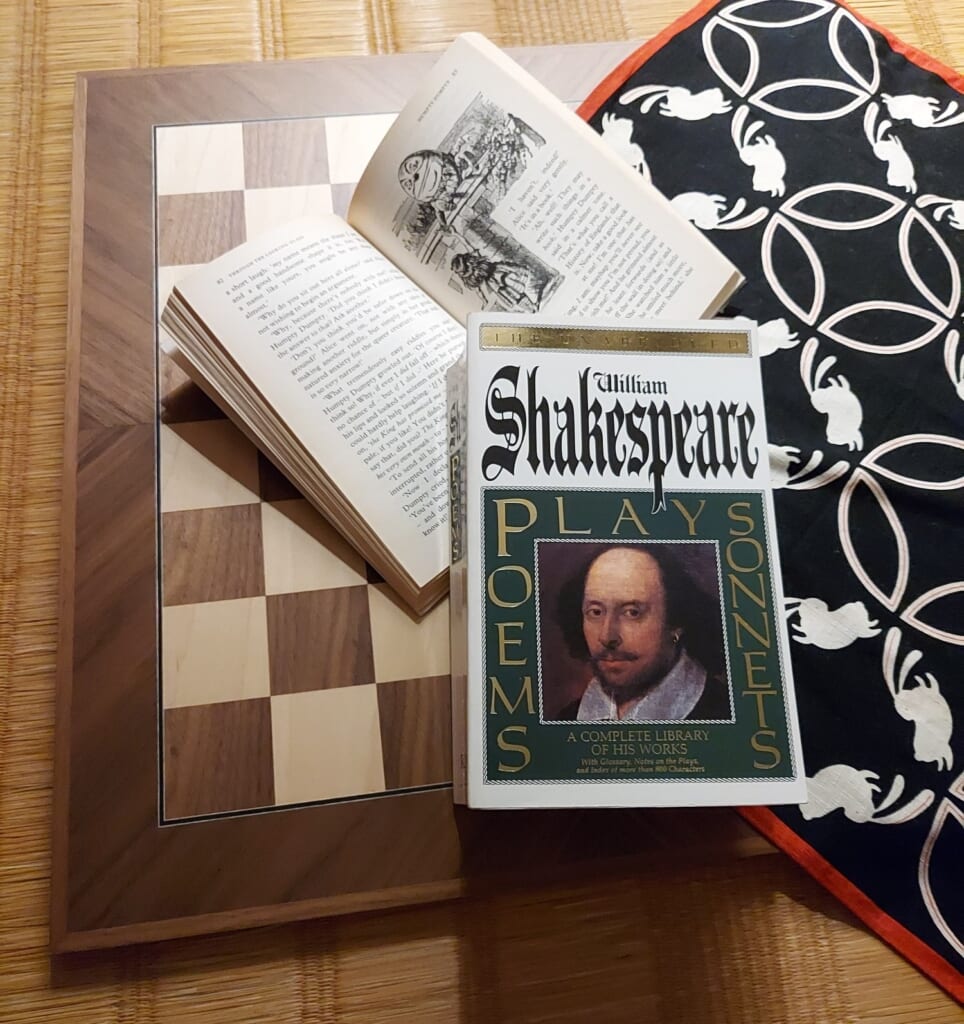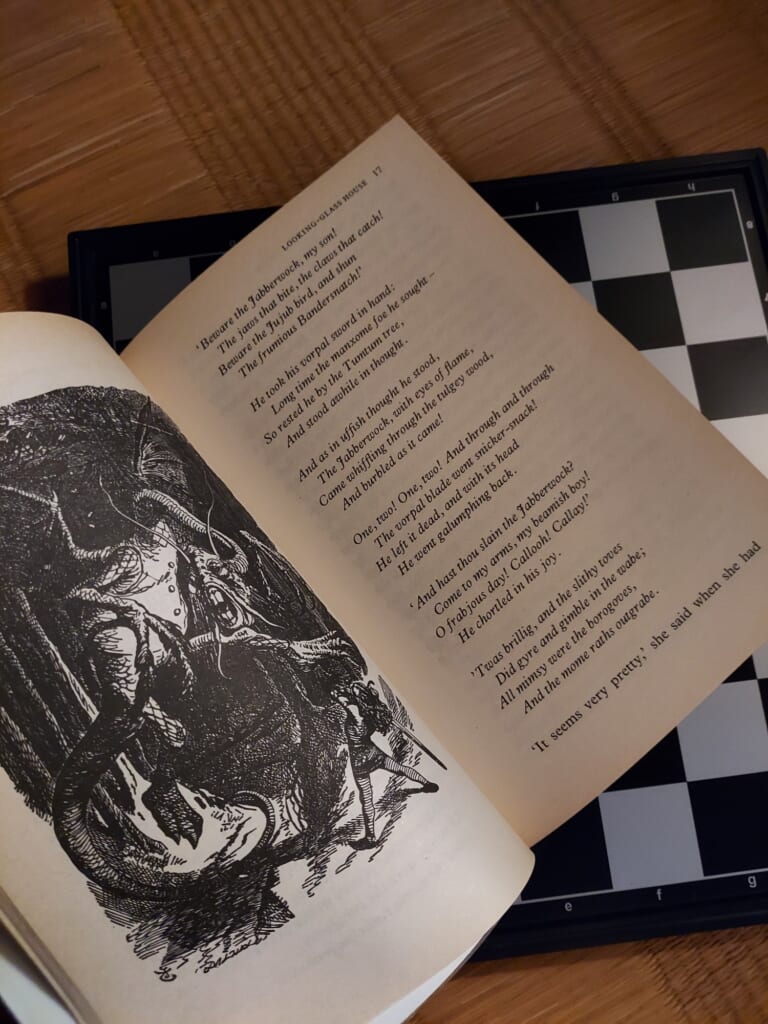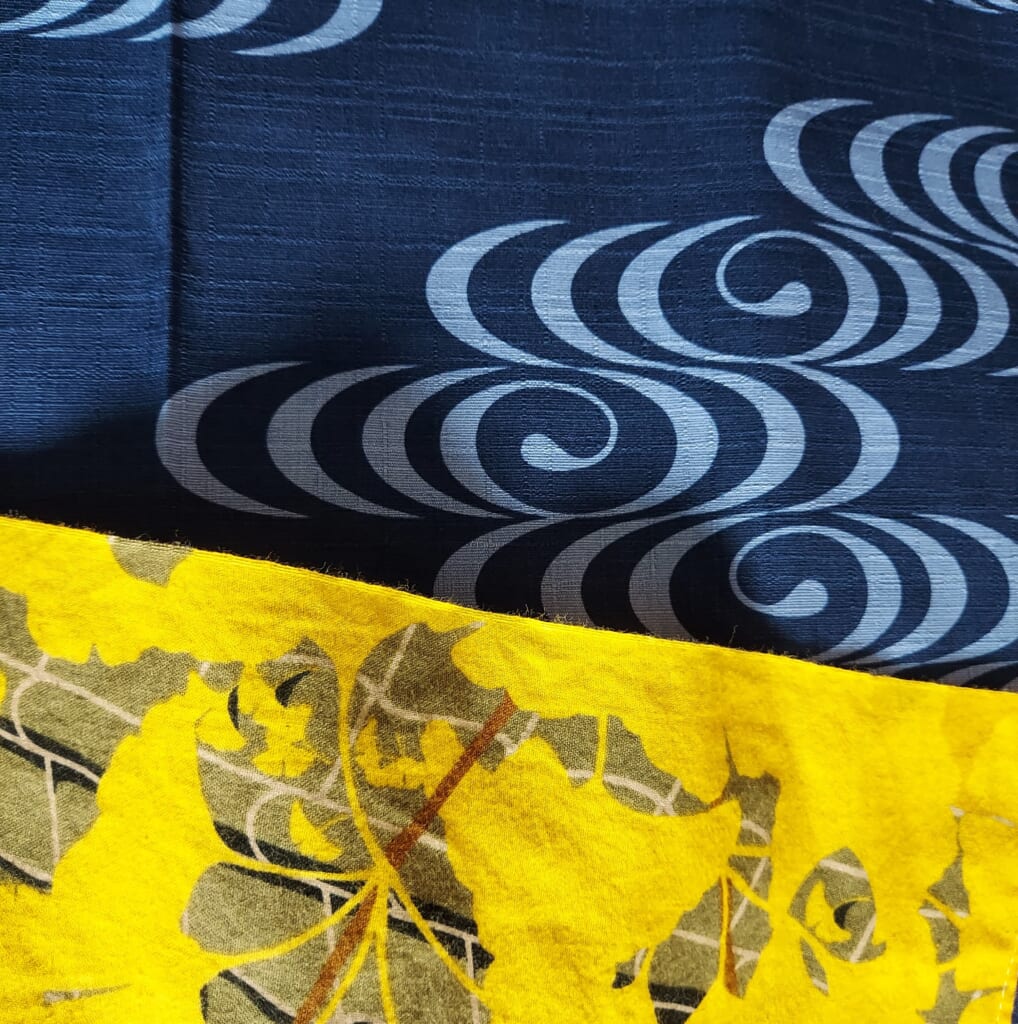
A few residents are trying to survive.
Among the ruins in Saltivka.
Shaking her head. A tear still under her eye.
“How many have been killed now?”
“And just boys, 18 years old.
They had only just begun to live.”
The frontline was less than 10 miles away.
There are fears that ‘orcs’ troops might return to Kharkiv.
A few residents are trying to survive.
Among the ruins in Saltivka.
In February, ‘orcs’ shells began.
Raining down on Saltivka.
In the neighbourhood’s numbered apartment blocks.
Life became a lottery, by own luck.
One block hit, the next spared.
One apartment turned to ash, the next untouched.
A few residents are trying to survive.
Among the ruins in Saltivka.
March, April, May, June, the bombardment went on.
Now the neighbourhood is a ghost town.
Deathly black burn marks rise up from the windows.
There are multi-storey gashes in the sides.
Neat circular holes in the roofs.
Where shells punched through but didn’t detonate.
Personal possessions strewn over the pathways.
Ejected from the flats above with terrible force.
Landing shells shake the ground and send a boom.
Bouncing off the buildings, echoing across the empty green.
The different shells and rockets have distinctive sounds.
They leave distinctive pieces of shrapnel.
That locals have become adept at recognising.
Nowhere in the neighbourhood is safe.
A few residents are trying to survive.
Among the ruins in Saltivka.
When there is no shelling, Saltivka falls silent.
“Everything here is destroyed. It’s impossible to live.”
The electricity has been switched back on.
In some buildings in the past week.
“It was a beautiful area. There was a beautiful park.
And there was light in the park, and benches and a fountain.”
living on the ground floor of a half-destroyed building.
“Now there is nothing left.”
Her husband died in March. “Because of the stress.”
So she is mostly alone in their apartment.
And nearly alone in the building.
“I miss him. I don’t even have the desire to go outside.”
A few residents are trying to survive.
Among the ruins in Saltivka.
One other person in her part of the building.
He has lived here for 20 years.
Small pieces of shrapnel broke his windows.
And punctured his washing machine, kitchen cupboard and bedroom wall.
“Barely anybody lives in this building anymore.
There is only one couple, a man, a woman and me.”
“People sometimes come to collect belongings, but they don’t stay.”
A shell hit the other side of her and his side directly.
And the apartment opposite his was only ash.
“Maybe the building will have to be destroyed.”
He has no work now, and nowhere else to go.
“This is my home. I have lived here all my life.”
Staring out his kitchen window over the trees.
“It’ll be a great sadness, if all these houses are destroyed.”
A few residents are trying to survive.
Among the ruins in Saltivka.
Once a day, volunteers make their way around the neighbourhood.
And they hand out meals in styrofoam boxes.
“The people who are left here have nowhere else to go.”
“They are trapped.” “Saltivka is a desert now.”
For many it’s the only meal they eat each day.
A volunteer stopped for a break and lit a cigarette.
A few residents are trying to survive.
Among the ruins in Saltivka.
A lifelong Saltivka resident was helping deliver the food.
“At first we felt fear.”
“Later, we got used to the sound of the shelling.
Now we can’t go to sleep without it.”
Throughout the invasion and the worst of fighting nearby.
He had stayed in the neighbourhood.
Then ‘elves’ troops were stationed in the residential buildings.
And the frontline was on the doorstep.
A few residents are trying to survive.
Among the ruins in Saltivka.
Up on the 16th floor, she looked out carefully.
From her hallway on to the high open air through a gap.
“The apartment near ours burned down completely.
And ours remained intact. It’s a miracle.”
Shrapnel holes in the windows.
But worryingly big cracks in the walls on the 11th floor.
“It’s a risk even to stand on the balcony now.”
It’s also a risk to stand below.
The shell hits dislodge slabs of concrete from the top floors.
That slam into the pavements below with terrifying force.
A massive slab had gone through four feet of pavement and earth.
And smashed a thick water pipe below.
A few residents are trying to survive.
Among the ruins in Saltivka.
He was stepping around the water-filled crater.
As he went in and out of the building.
“I’ve been living here for 20 years.
Saltivka was a peaceful district …”
A deafening crack cut him off.
The first of three shells landing nearby.
A few residents are trying to survive.
Among the ruins in Saltivka.
In the early days of the invasion.
The ‘orcs’ attempted to seize Kharkiv.
Saltivka bore the brunt of the assault.
So that ‘orcs’ were eventually pushed back.
From the city centre, the frontline now sits 12 miles.
But Saltivka remains well within ‘orcs’ artillery range.
A reality made impossible to ignore by the daily shelling.
At the edge of the neighbourhood, still trenches ‘elves’ left.
A few residents are trying to survive.
Among the ruins in Saltivka.
For rest and for sniper positions.
‘Elves’ soldiers used the residential buildings.
Turning the neighbourhood into a target.
They went from building to building.
At the beginning asking those with children to evacuate.
“They are our soldiers. They needed to do something here.”
“And they needed somewhere to rest.”
But Kharkiv is just 20 miles from the ‘orcs’ border.
A few residents are trying to survive.
Among the ruins in Saltivka.
A traditionally ‘orcs’-leaning city.
A traditionally ‘orcs’-language-speaking city.
There are pockets of sympathy towards ‘orcs’.
“Where there is no ‘elves’ military, ‘orcs’ do not shoot.”
“If ‘Mordor’ had not attacked Ukraine,
Ukraine would have attacked ‘Mordor’, Crimea, Donetsk, Luhansk.”
He rests his foot on rocket shrapnel in his building.
“It’s very simple, ‘Mordor’ is just ahead.”
Like many residents of Saltivka.
He has relatives in ‘Mordor’.
A few residents are trying to survive.
Among the ruins in Saltivka.
“This is ‘Mordor’, we were brothers.”
“We don’t understand why ‘orcs’ invaded.”
“We have relatives there, and now what?”
But ‘Mordor’ alone was not to blame, he thought.
The West should “stop giving Ukraine weapons”.
Because it was only prolonging the war.
A few residents are trying to survive.
Among the ruins in Saltivka.
Another resident started to cry.
“We were so happy to have flats here.”
Her windows were smashed, directly above where she stood.
“We were told to replace them ourselves.”
The frontline was less than 10 miles away.
There are fears that ‘orcs’ troops might return to Kharkiv.
Shaking her head. A tear still under her eye.
“How many have been killed now?”
“And just boys, 18 years old.
They had only just begun to live.”
A few residents are trying to survive.
Among the ruins in Saltivka.
*Because I read “’It’s like Chernobyl now’: Life in Kharkiv’s ghost town” by Joel Gunter, in Kharkiv, on 24 June 2022, on the BBC News, and also “Why are Ukrainians calling Russians ‘orcs’?” by James FitzGerald on 30 April 2022, on the BBC news.
So, I wrote this poem as a story of Serhiy, a story of Tamara, a story of Valeriy, a story of Leon, a story of Serhiy, a story of Larisa, a story of Roman, a story of Claudia, a story of Boris, a story of Oleksiy, and a story of Halyna.
Please read the original story on the BBC news:
‘It’s like Chernobyl now’: Life in Kharkiv’s ghost town – BBC News
**My friend shows you this poem also on the Ukrainian website for their children and others!
Please join them!

